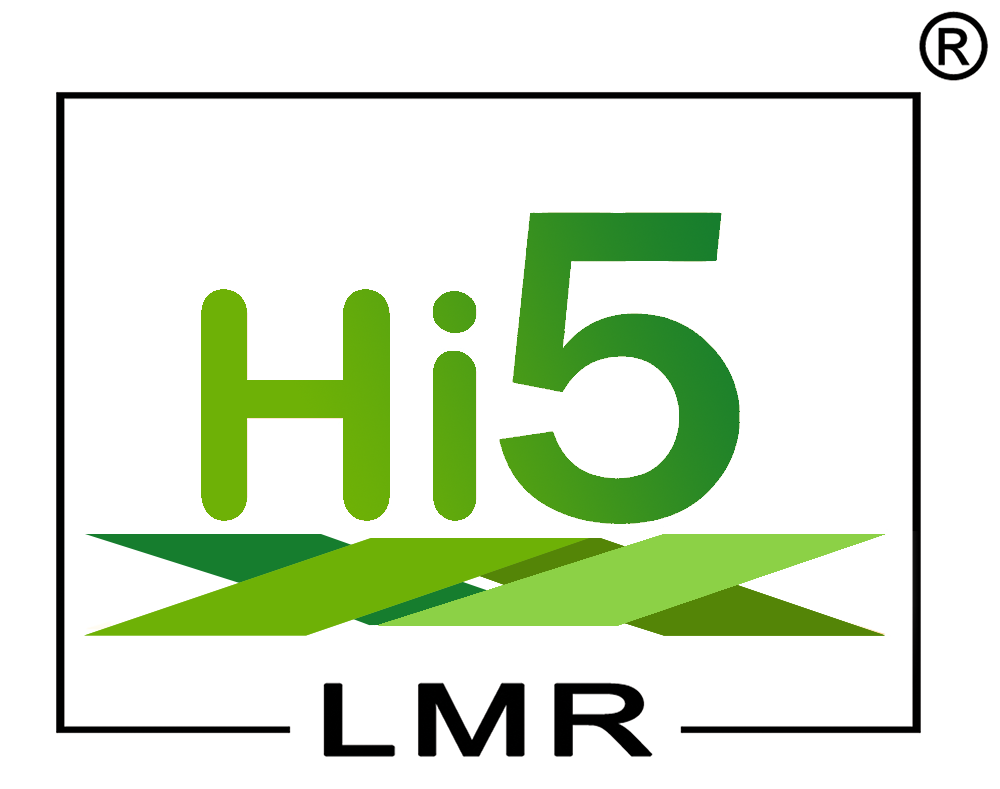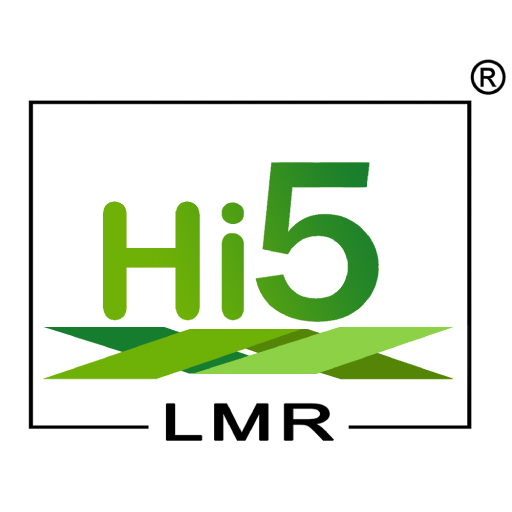PET film Manufacturing
What is PET film Manufacturing

Here is a Simplified Overview of the PET Film Manufacturing process
Raw Material Preparation
The process begins with the preparation of the raw materials, which typically include PET resin and additives. These materials are carefully selected and mixed to achieve the desired properties of the final PET film.
Extrusion
The prepared raw materials are fed into an extrusion machine. In this step, the materials are melted and homogenised to form a molten polymer. The molten polymer is then forced through a die, which gives it the desired shape and thickness.
Cooling and Solidification
After extrusion, the molten polymer is rapidly cooled using chilled rollers or water baths. This process solidifies the polymer, transforming it into a solid sheet or film.
Orientation
The solidified PET film is then subjected to a stretching process called orientation. This step enhances the mechanical properties of the film, such as tensile strength and dimensional stability. Orientation can be achieved through either the tenter frame method or the bubble inflation method.
Heat Setting
Following orientation, the film undergoes a heat setting process. This involves heating the film to a specific temperature to relieve any internal stress and stabilize its dimensions. Heat setting ensures that the PET film retains its desired properties even under different temperature conditions.
Surface Treatment
To improve the adhesion of coatings, inks, or adhesives, the PET film may undergo surface treatment. This treatment modifies the film’s surface properties to enhance its printability, bondability, and overall performance.
Slitting and Finishing
The PET film is then slit into the desired width using precision cutting machines. Additional finishing processes, such as corona treatment, coating, laminating, or embossing, can also be applied to customise the final properties and appearance of the PET film.
Quality Control
Throughout the manufacturing process, rigorous quality control measures are implemented. This includes regular testing and inspection to ensure that the PET films meet the required specifications and quality standards.
Packaging and Distribution
Once the PET films pass the quality control checks, they are carefully packaged to protect them during transportation. The finished PET films are then distributed to customers for various applications, such as packaging, labels, electrical insulation, displays, and more.

